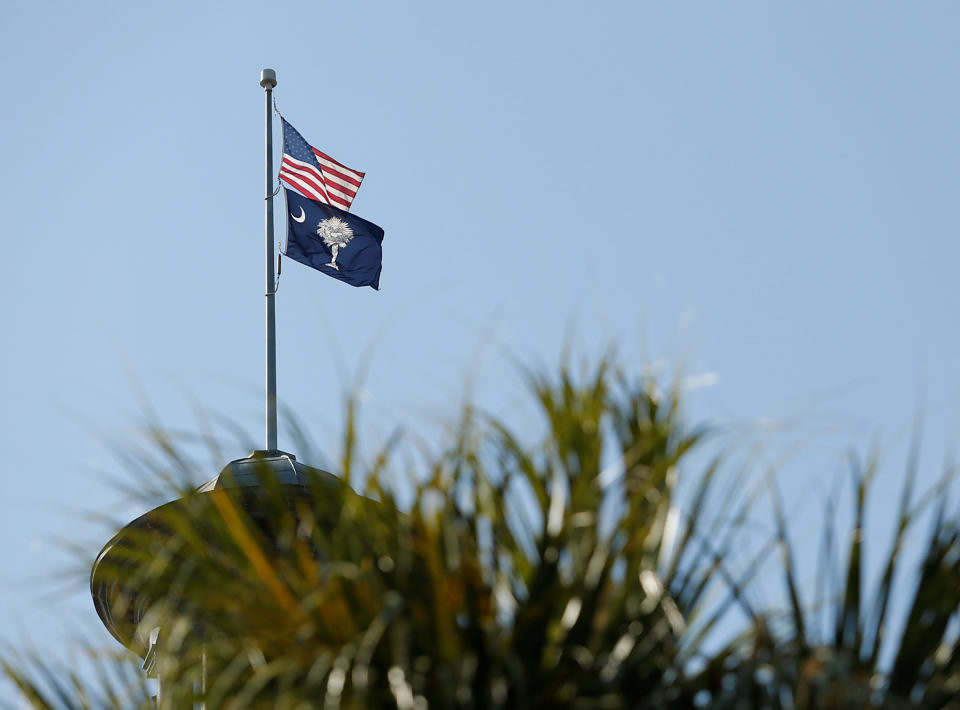|
Getting your Trinity Audio player ready...
|
Guest Column: South Carolina Isn’t A Red Or Blue State; Its A Green State
South Carolina state government these days is quite the enigma, definitely unique, and not necessarily in a good way …

3 comments
SC does not have any mandated or even unenforced goals to reduce the use of fossil fuels or lessen greenhouse gas emissions. The state is still using the 2009 energy code for construction. There are almost no states incentives or tax credits for consumers that purchase energy efficient equipment. It has one of the lowest EV adoption rates in the country. Solar is a pretty small part of the electricity generation mix, despite SC having some of the best opportunities for it in the country. The American Council for an Energy Efficient Economy (ACEEE) ranked it the 49th state for energy efficiency in its last evaluation (2022). I could go on and on…
Anyone who truly thinks SC has bought into “green new deal” policies is completely clueless and living in an anti-woke conservative bubble. I would challenge Mrs. Hardy to write an article for once without using the terms “ESG” or “DEI” but I don’t think she’s capable.
And of course, I’d be remiss to not mention that the legislature is attempting to rubber stamp the construction of a new gas plant with no clear plan on how pipelines will be constructed to deliver the gas, while also reducing the power of the public and environmental groups at the PSC. I mean, how does someone come up with an article like this without living an absolute fantasy land?
South Carolina will give away millions to bring jobs to the state. The only green that they are interested in is on the dollar bills.